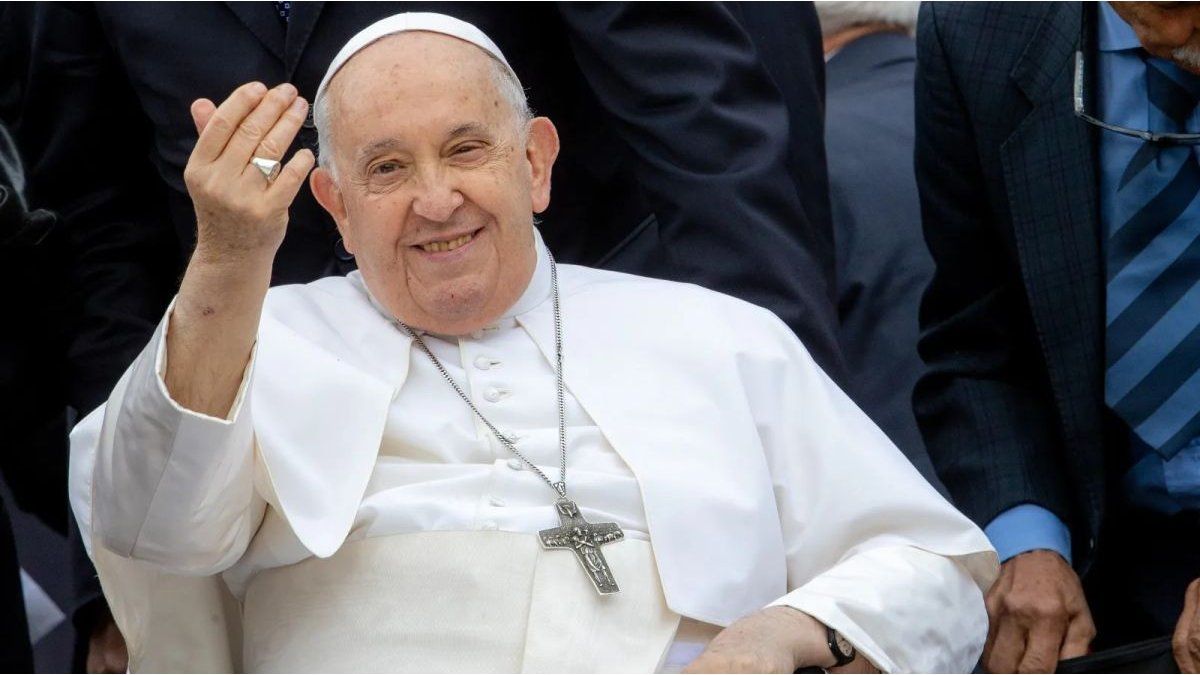Concerns about gas, high prices, faltering supply chains – what to do about the impending downturn in Germany? The Chancellor also sees a need for employers in the crisis.
Federal Chancellor Olaf Scholz (SPD) has called for a joint overcoming of the price and energy crisis in Germany. So he was glad that employers and unions were coming together again this week in concert to discuss what to do, said Scholz on Tuesday at the German Employers’ Day in Berlin. Employer President Rainer Dulger made it clear that companies had serious fears of a recession. Dulger accused the federal government of misguided policy with regard to the planned citizens’ allowance.
At Scholz’s invitation, top representatives of employers and trade unions will meet again this Thursday to discuss measures to combat inflation. One of the tasks of this concerted action is to ensure that the companies succeed, said Scholz. He reminded that the government wanted to make possible support payments from companies to employees up to 3,000 euros tax and duty-free.
At the same time, Scholz promised more help for companies. “We are now (…) working flat out to expand the existing funding options,” said the Chancellor. “It’s a community effort to get through this time and we will do it together.”
Dulger pointed to the “dramatic economic situation” as a result of the Russian war of aggression in Ukraine and the “severe supply bottlenecks”. “A recession is likely, as a medium-sized entrepreneur I feel it every day,” said Dulger, who runs a family business himself.
Scholz: “Under no circumstances will there be a bottleneck in the German electricity market”
Dulger accused the federal government of jeopardizing the energy supply with its nuclear power course. “It’s like throwing all the lifeboats overboard on the Titanic, the band keeps playing in the dining room, and you’re counting on the fact that maybe not that much water gets in after all.”
Scholz, on the other hand, assured: “We will ensure that it is possible for the southern German nuclear power plants to still be able to run in January and February and March, so that there is no bottleneck in the German electricity market.” Economics Minister Robert Habeck (Greens) had proposed keeping the two southern German power plants Isar 2 and Neckarwestheim operational until mid-April in the event of bottlenecks. Actually, all German nuclear power plants should go offline at the end of the year.
Scholz confirmed that the construction of liquid gas terminals on the north German coasts is progressing. “In January next year, the first of these new terminals will start operations, pipeline connections will be expanded and set up, and by the end of next year we will probably have import possibilities in Wilhelmshaven, in Stade, in Brunsbüttel, in Lubmin and will then be able , to import all the gas we need – independently of Russia.”
The federal government took precautions at an early stage to become independent of Russian gas. “We’ll probably get through this winter.” The gas storage tanks are 85 percent full, Scholz confirmed. The government will take further measures to bring prices down again.
Dulger accused the government of failed social policies. He criticized the planned citizens’ allowance as a “fatal milestone”. “It’s not a sign of fairness and respect for working people,” said the employers’ president. On Wednesday, the federal cabinet wants to discuss a draft citizen’s income that is to replace the current Hartz IV system on January 1st. According to Dulger, employers are concerned with getting everyone to stand on their own feet in the long term. “Every individual must be given a chance to contribute their skills and abilities to society and the world of work.”
Source: Stern
Jane Stock is a technology author, who has written for 24 Hours World. She writes about the latest in technology news and trends, and is always on the lookout for new and innovative ways to improve his audience’s experience.




